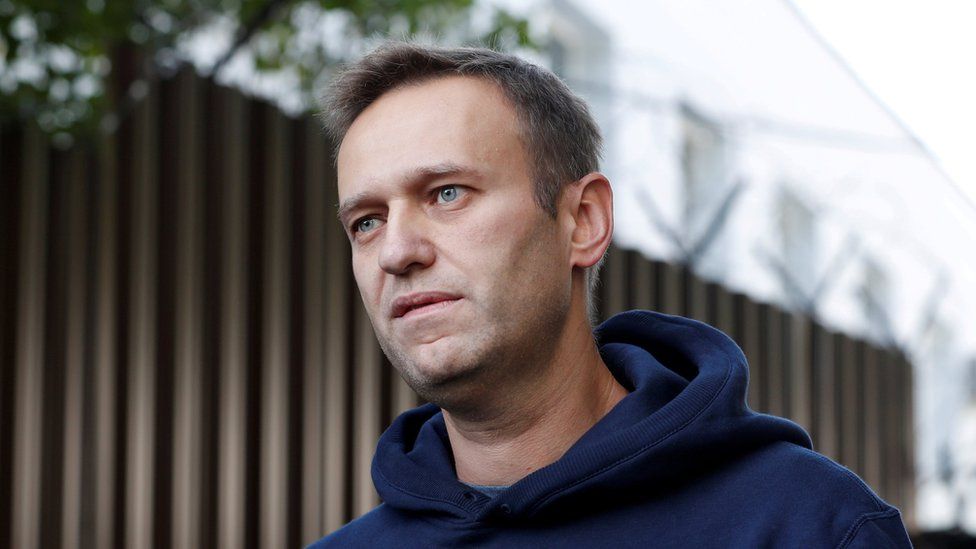Moscow: Google and Apple have removed jailed Kremlin critic Alexei Navalny’s strategic voting app from their stores. This information was given by Alexei Navalny’s team Friday. Earlier Russia had said that the US tech firms were interfering in internal matters of the country.
Russia is currently polling Friday to elect a new parliament in a three-day vote. The ruling United Russia party is expected to win despite ratings slashed after the biggest crackdown on critics of the Kremlin.
Navalny’s ally Ivan Zhdanov, President Vladimir Putin’s staunch domestic rival, plans to use the mobile app to conduct a tactical voting campaign in a blow to United Russia.
Russia demanded this month that Apple and Google remove the app from their stores. It said a refusal to do so would be considered interference in its parliamentary election. Russia said it had officially contacted Thursday the CEOs of both companies.
Zhdanov, who is currently abroad said Friday that the expulsions amounted to political censorship.
Earlier Russia’s state communications watchdog ‘Roskomnadzor’ had warned Apple and Google that they could face fines if they fail to remove the app created by allies of jailed Russian opposition leader Navalny from their stores.
Navalny’s app promotes his ‘Smart Voting’ strategy. It is a project designed to support candidates who are most likely to defeat those from the Kremlin’s main United Russia party.
Also read: International celebrities write to Russian President Vladimir Putin on Alexei Navalny’s health
Russian opposition supporters, independent media and human rights activists have face increased government pressure in the run-up to the September 19 parliamentary election. Navalny’s allies have linked the crackdown to the Kremlin’s effort to steamroll the opposition. It has alleged that Putin is trying to preserve a dominant position for United Russia.
In June, a Russian court outlawed Navalny’s ‘Foundation for Fighting Corruption’. It also called a network of his regional offices as extremist organizations, a ruling that barred people associated with the groups from seeking public office. Russian authorities also blocked some 50 websites run by Navalny’s team or supporters for allegedly disseminating extremist group propaganda, and targeted his top associates.
The September 19 vote is widely seen as an important part of Russian President Vladimir Putin’s efforts to cement his rule before the country’s 2024 presidential election. The 68-year-old Russian leader, who has been in power for more than two decades, pushed through a constitutional reform last year that would potentially allow him to hold on to power until 2036.
The 45-year-old Navalny is Putin’s most determined political foe. He was arrested in January upon returning from Germany, where he spent five months recovering from a nerve agent poisoning that he blames on the Kremlin an accusation rejected by Russian officials.
Russian authorities have increased pressure on major social media platforms after criticising them for acting as a tool to help bring tens of thousands of people into the streets to demand Navalny’s release in a wave of protests early this year.
Facebook and Twitter have been fined repeatedly for failing to remove content that Russian authorities deemed unlawful. ‘Roskomnadzor’ early this year slowed down the speed at which Twitter can operate.
